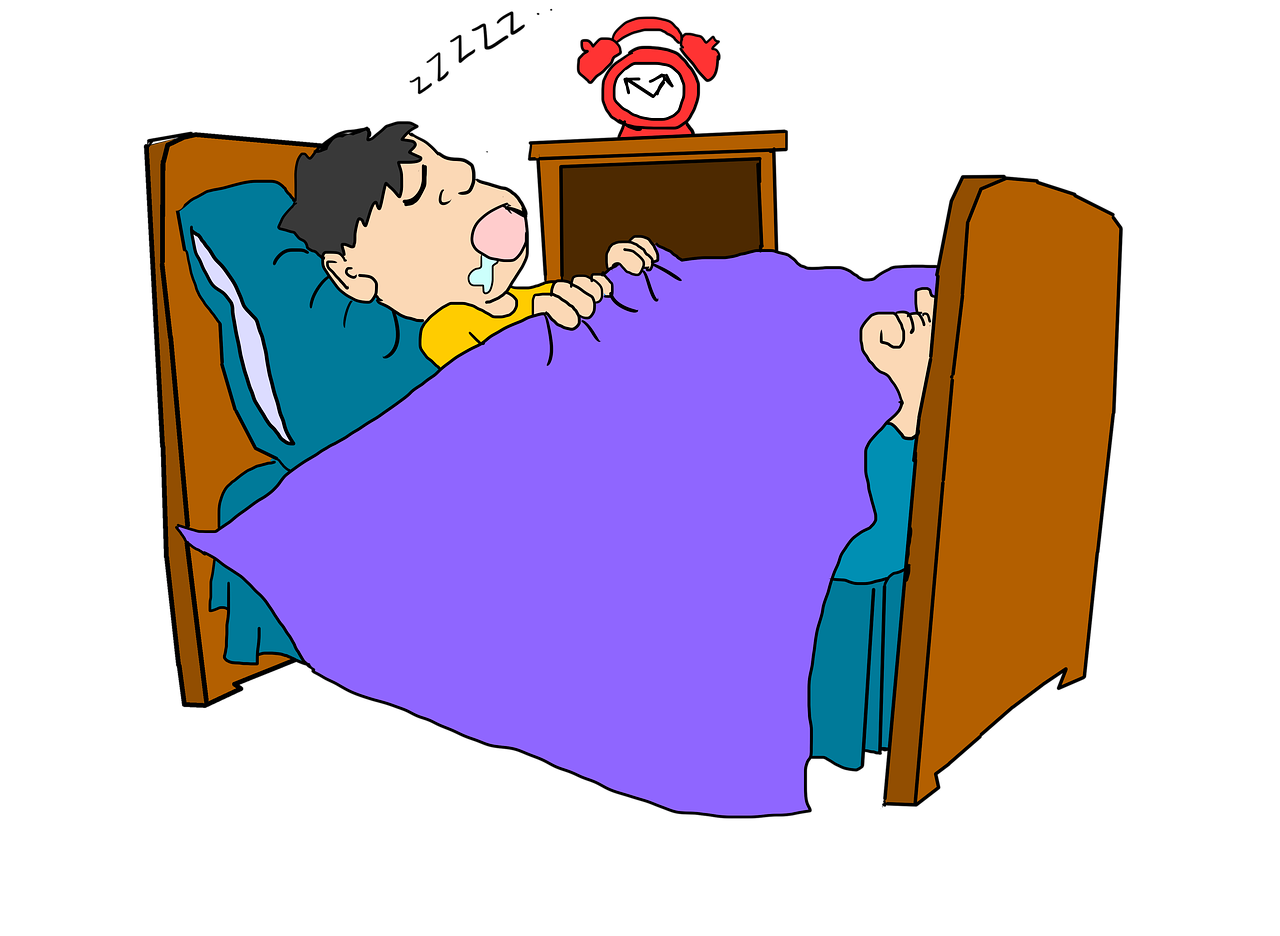I had a great night’s sleep the other night. I fell asleep quickly and slept straight through the night for nearly seven hours. When I got up in the morning, I felt refreshed, which is exceedingly rare for me. This has happened a few more times since then.
What changed?
I’ve been sleeping in the same bed with the same blankets and the same wife for years. I haven’t made the bedroom any darker, the television is still flickering late into the night (a wife-requirement), and I wasn’t thinking any fewer sleep-robbing thoughts than usual. So, what then?
Check the thermostat
Maybe it was the bedroom temperature. My wife likes to have the thermostat set to 72 F, which is too cool for me. But recently, the weather has turned chilly, meaning no need for air conditioning. Instead, the nights were ideal for opening the windows. It was 68 F in the bedroom when I got out of bed on those mornings. Was the lower temperature the reason I slept so well?
According to the Sleep Foundation, an organization funded by companies in the sleep industry, the ideal sleeping temperature is 65 F. Our body temperature drops a little at night, and lowering the room temperature may send a signal to our brain that it’s time to sleep, the foundation noted on its website.
Sleep psychologist Dr. Michelle Drerup agrees, suggesting keeping the bedroom temperature between 60 and 67 F.
“It should be cool, dark and quiet to enhance your sleep,” she noted in an article on the Cleveland Clinic’s website.
According to a study by researchers at Japan’s Tohoku Fukushi University, being too warm increases wakefulness and decreases slow wave and rapid eye movement (REM) sleep. REM is the deep sleep during which people dream.
Sleeping issues are a big MS problem
Sleep deprivation is a serious concern for many people with MS. According to the MS Association of America, more than half of us experience some sort of sleep problem. I’m surprised the number isn’t higher. Bladder problems can wake us, and restless legs and cramps can prevent us from dozing off. That’s certainly been the case with me.
I’ve tried medications to help my bladder and leg problems over the years, which has helped sporadically. But over the past year or two, my trips to the bathroom in the middle of the night have decreased from two or three to one or none on most nights. Much of that I attribute to being treated with Lemtrada (alemtuzumab).
I haven’t had as much success quieting my restless legs or easing their cramping, but those symptoms also improved after we dropped the bedroom temperature. So, we’ll keep that room chilly at night and hope my improved sleep will continue.
Now, if I could just keep that darn cat from jumping on the bed at 4 a.m. I might be able to sleep even better.
(Featured image by LillyCantabile from Pixabay.)
(A version of this post first appeared as my column on the MS News Today website.)



